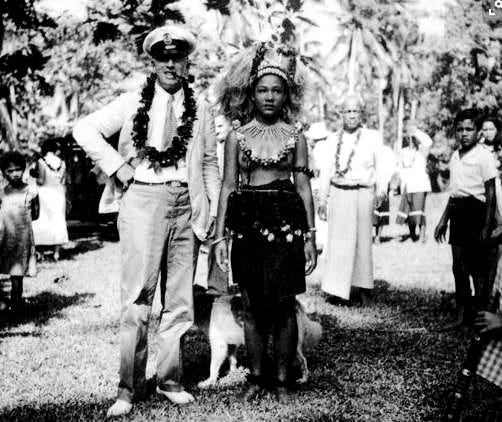Wilhelm Solf had been horrified at Nazi treatment of Jews. He told Lagi it was a ‘sinister dark shadow all over the world….’ Father and daughter were among many under Nazi scrutiny. The Nazis had demanded that Aryans fill professional positions in courts and universities. Exceptions were possible which gave Solf openings. Among those he tried to help was Jewish banker Paul von Mendelssohn-Bartholdy, part of the Mendelssohn dynasty that included composer Felix Mendelssohn and philosopher Moses Mendelssohn. The Nazis seized his extensive art collection and forced them to be sold. Solf worked to get the family to Japan. A Nazi thug beat Mendelssohn-Bartholdy to death. Wilhelm Solf supported a growing Zionist movement. He lobbied the League of Nations and Britain to find a homeland for the Jews. He was a member of the honorary board of directors of the Committee Pro-Palestine, along with Albert Einstein. Solf died, aged 74, on 6 February 1936. His family and friends were cautious marking his life. The most that could be said publicly about Solf was from Pastor Eberhard Rohricht who had joined with Martin Niemöller to establish the Confessing Church, a Protestant group opposed to the Nazification of the German Protestant Church (Niemöller now remembered for his quote ‘first they came for the Socialists, and I did not speak out – Because I was not a Socialist’… and ended ‘Then they came for me – and there was no one left to speak for me’). Rohricht said of Solf that he was ‘ein Weltmann deutscher Prägung’ – a man who had strengthened Germany’s position in the world. The Japanese held a memorial service for Solf at a Buddhist temple. Hitler’s ambassador, Herbert von Dirksen, delivered a strongly pro-Nazi speech which Solf would not have wanted. His death was noted beyond Germany. Wellington’s Evening Post: ‘He handled the Armistice negotiations as Foreign Minister and was Governor of Sāmoa from 1899 to 1911, officially residing in the house in which R. L. Stevenson lived. Nothing grieved Dr. Solf more than New Zealand’s seizure of Sāmoa, which he called the jewel of German protectorates. He vowed that the insolent intruders would be dealt with, but later in the war became an advocate of peace by mutual understanding.’
Keep reading with a 7-day free trial
Subscribe to Michael Field's South Pacific Tides to keep reading this post and get 7 days of free access to the full post archives.




